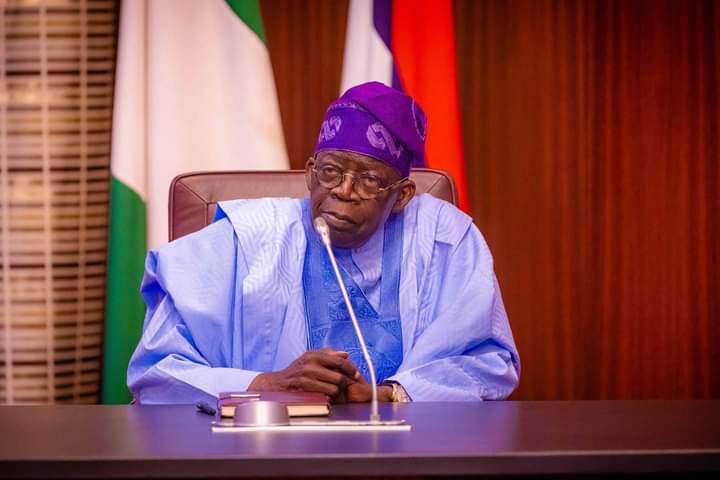The British High Commissioner to Nigeria, Richard Montgomery, has said President Bola Ahmed Tinubu’s economic initiatives have caught the attention of the global community, especially the potential investors in the United Kingdom, who are “responding very positively.”
Premium Times reported that Mr Montgomery stated this after meeting with Vice-President Kashim Shettima at the State House, Abuja, Nigeria’s capital.
“As I discussed with His Excellency, the big economic decisions being taken by this government are really important and are being noticed around the world: the removal of subsidy; the exchange rate reform, all of that create a much better investment environment,” he said.
“I was in London last week; I was briefing my ministers, but I was also talking to British business in finance, banking and investment sectors. They are all responding very positively to these first decisions.”
The High Commissioner, on the other hand, admitted that some of the initiatives were not having an immediate impact on Nigerians’ problems, such as surging prices and unemployment.
He indicated that he spoke with vice president Shettima on some of the steps to be taken to ease the current pressure that the Nigerian economy is struggling with.
“We know that there are tough times that are going on at the moment: inflation and unemployment. The vice president and I also touched on some of the measures that might be possible to cushion the blow of some of these economic pressures,” he said.
i-News Nigeria earlier reported that president Bola Ahmed Tinubu promised to ease the pain the citizens of his country are going through due to the removal of subsidy on fuel.
In his inaugural speech on May 29, the Nigerian leader justified the removal of subsidy on fuel saying the expensive payment has to come to an end in the wake of drying resources.
The removal of subsidy on fuel has sent the prices of transportation, food and other commodities to the sky as Nigerians continue to struggle with the current realities.
Mr. Tinubu however promised massive investment” in transportation infrastructure, education, regular power supply, healthcare, and other public utilities to cushion the effects on Nigerians.

